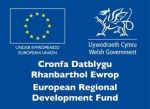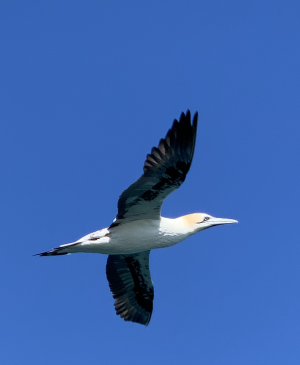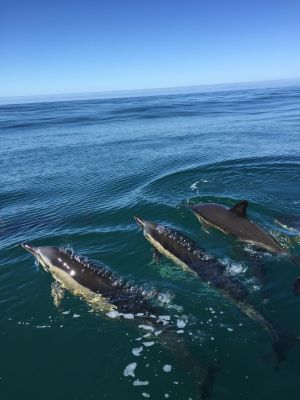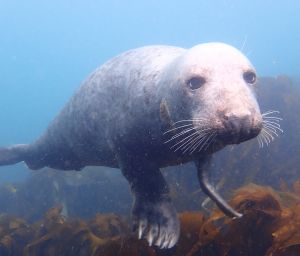The main objective of SEACAMS2 is to assist the development of opportunities in Low carbon, Energy and Environment in the convergence regions of Wales, and is an investment in the potential offered by the marine economy and marine renewable energy.
Through SEACAMS2, companies wanting to harness the sea’s power and create a sustainable marine energy industry in Wales will be able to access vital research support they need if they are to be able to progress with their multi-million pound developments.
Tidal energy is the prime source of marine renewable energy for Wales, with industry looking at various forms of energy generation through tidal energy, tidal lagoons and wave energy. The second SEACAMS funding will extend the amount, quality and access to the type of data that development companies need before engaging on the complexities of siting various types of marine renewable energy projects.
As well as understanding the locations best suited to different types of energy production methods, the developers need an in-depth understanding of how the energy production technologies, whether wave technology, tidal lagoons or any other energy conversion systems, will perform over decades, and how the surrounding environment- the seabed, the water and currents and marine animals will react, as well as any impacts from sea-level change during the long life-times of these energy generators.
SEACAMS2 is set to develop a network of coastal observatories to collect this high-quality data and ensure its availability to potential developers. The work will focus on information gathering around the two established demonstration zones for marine renewable energy already established by the Crown Estate. These lie off the north-west coast of Anglesey and off the Pembrokeshire coasts. SEACAMS2 will also work with companies investigating the development of large tidal lagoons in both North and South Wales.
SEACAMS2 interaction with industry is divided into Work Packages that focus on specific components of the marine renewable energy and marine ecosystem goods and services sectors. The work packages are as follows:
• WP1 Operation and Core Delivery
• WP2 Wave energy
• WP3 Tidal Stream Energy
• WP4 Tidal Range Energy
• WP5 Transfer of marine data from field survey to online accessible data products and resources (ENVOKH)
• WP6 Coastal and Marine Ecosystem Goods and Services (ACCESS-Wales)





